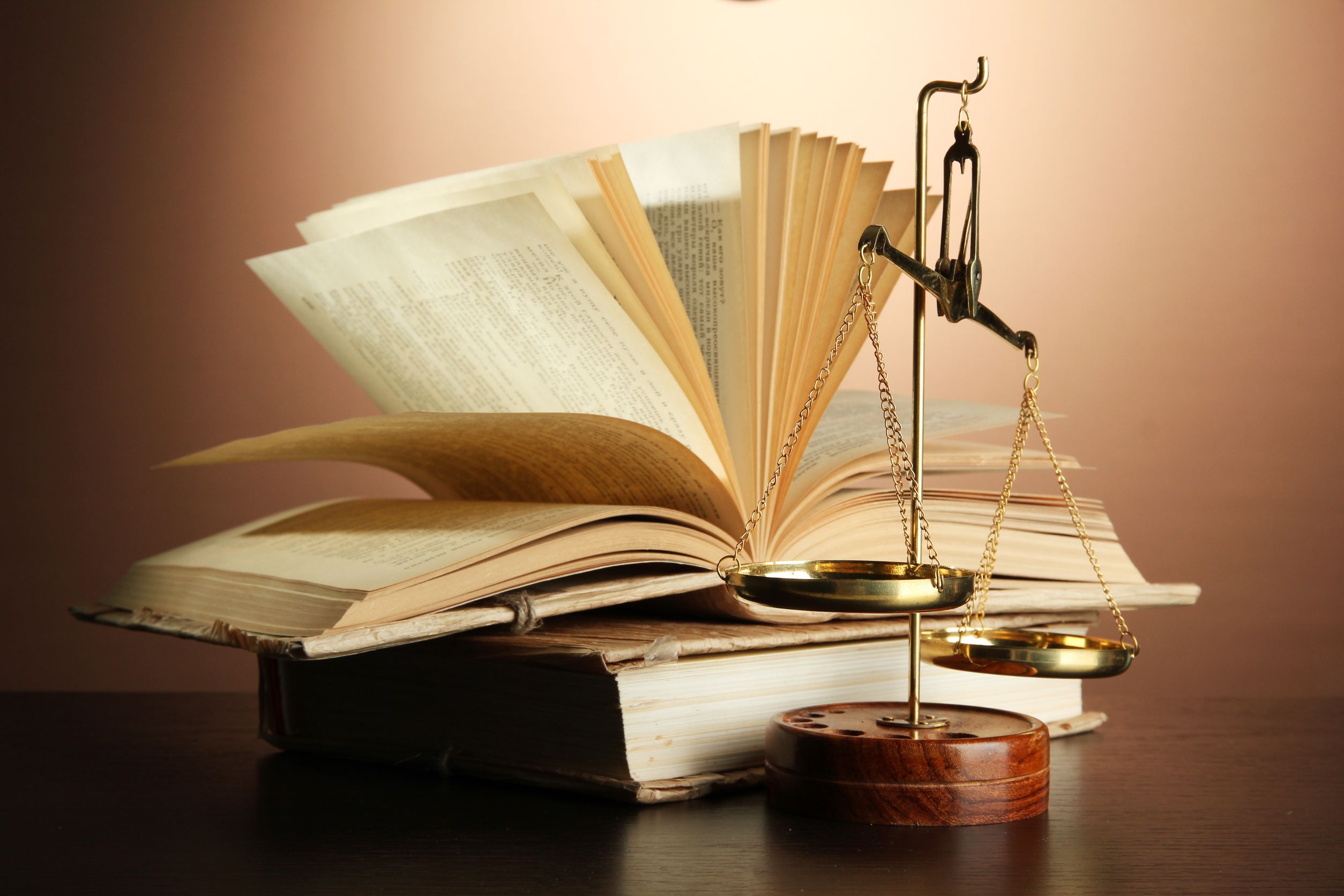Have you ever wondered what happens after bankruptcy has been filed successfully in DC? Myths abound about what happens afterward. Yet, if you talk to a bankruptcy lawyer in Washington DC, he or she can tell you the basic facts. He or she is aware of what takes place as the debtors a lawyer has represented gets on with life.
The Purpose of Chapter 7 or Chapter 13
Both chapter 7 and Chapter 13 are consumer-focused bankruptcies designed with the intent of restoring financial equilibrium to the debtor. Both provide a state meant to allow the debtor to remove the burden of debt and establish financial stability. In a sense, a “successful” bankruptcy is a type of rebirth. Both debtors and creditors are granted some form of relief.
Basics
In the case of a Chapter 7 bankruptcy, a lawyer in Washington DC will guide you through the initial process. This includes the appointed trustee selling off any non-exempt assets and property. With Chapter 13, the trustee refrains from selling property and assets unless necessary. Instead, the debtor files a financial plan indicating a repayment schedule to the creditors in a 2 to 5 year period based on current incoming monies.
Immediate Consequences
In Chapter 7 bankruptcies, a debtor will, if he or she is accepted, be granted a discharge. This immediately releases him or her from further pursuit and liability from creditors for most of the debts. It also prohibits the creditors from undertaking any attempt to collect the debts contained in the bankruptcy action.
In Chapter 13, a debtor continues to pay off those creditors confirmed by the trustee. Since the debts are generally consolidated, the amount each creditor will receive is not the same as the amount initially owed by the debtor. Overall, Chapter 13 results in a total debt reduction without major loss of either property or assets.
Other Consequences
In general, filing for bankruptcy will have the following effects:
- Credit rating: temporarily it will weaken it but after a few years, it will improve and may even be better than originally
- Loans: After filing and being successful in bankruptcy, you may be unable to obtain a loan. However, this will also improve as time passes
- Employment: Filing for bankruptcy can affect your marketability. Employers may pass on someone who has bad credit
- Personal Strain: A bankruptcy places strain on individuals and families. After the process if over, this may not go away. It can have negative effects on a relationship that could take years to heal
If you think a bankruptcy is the best way to restore financial stability in your life, contact a bankruptcy lawyer. In Washington DC, attorneys qualified in local bankruptcy law can help you make the right decision.



